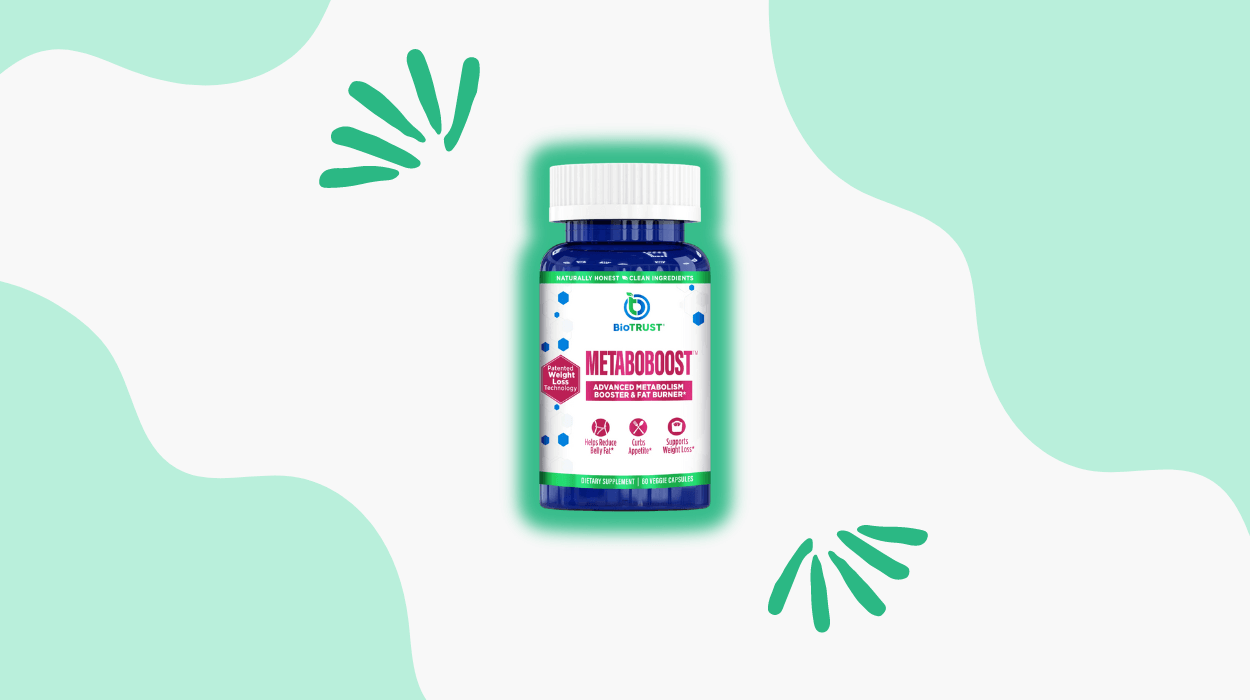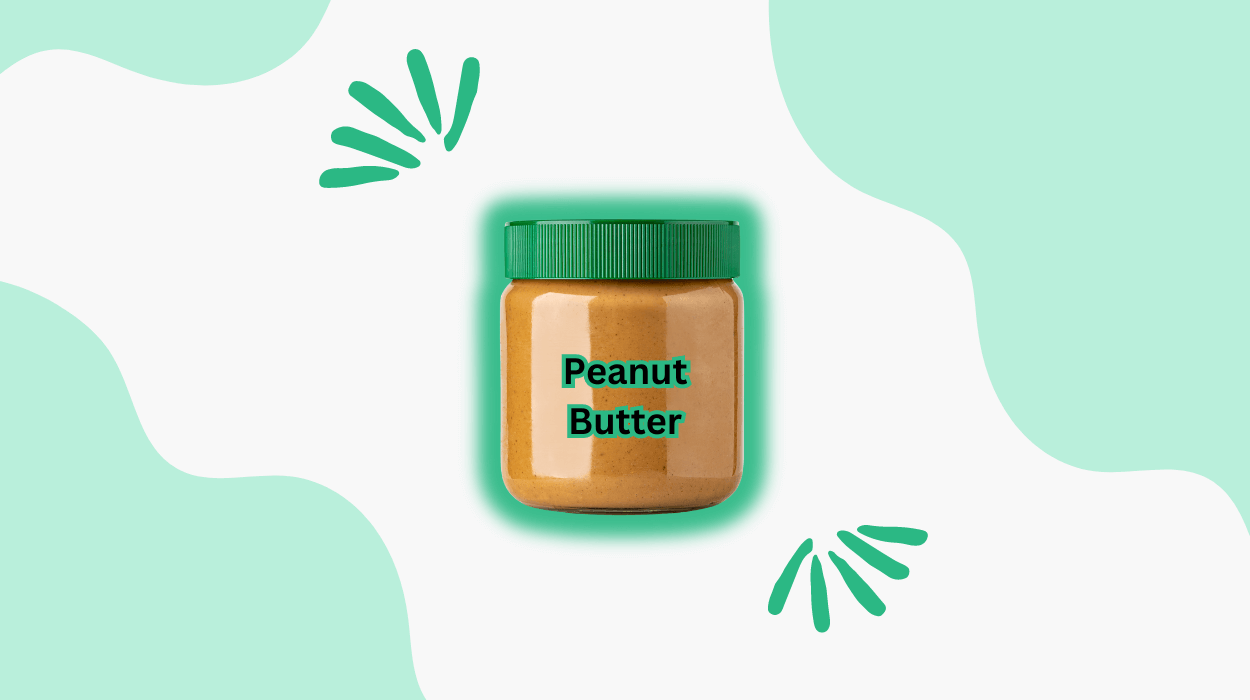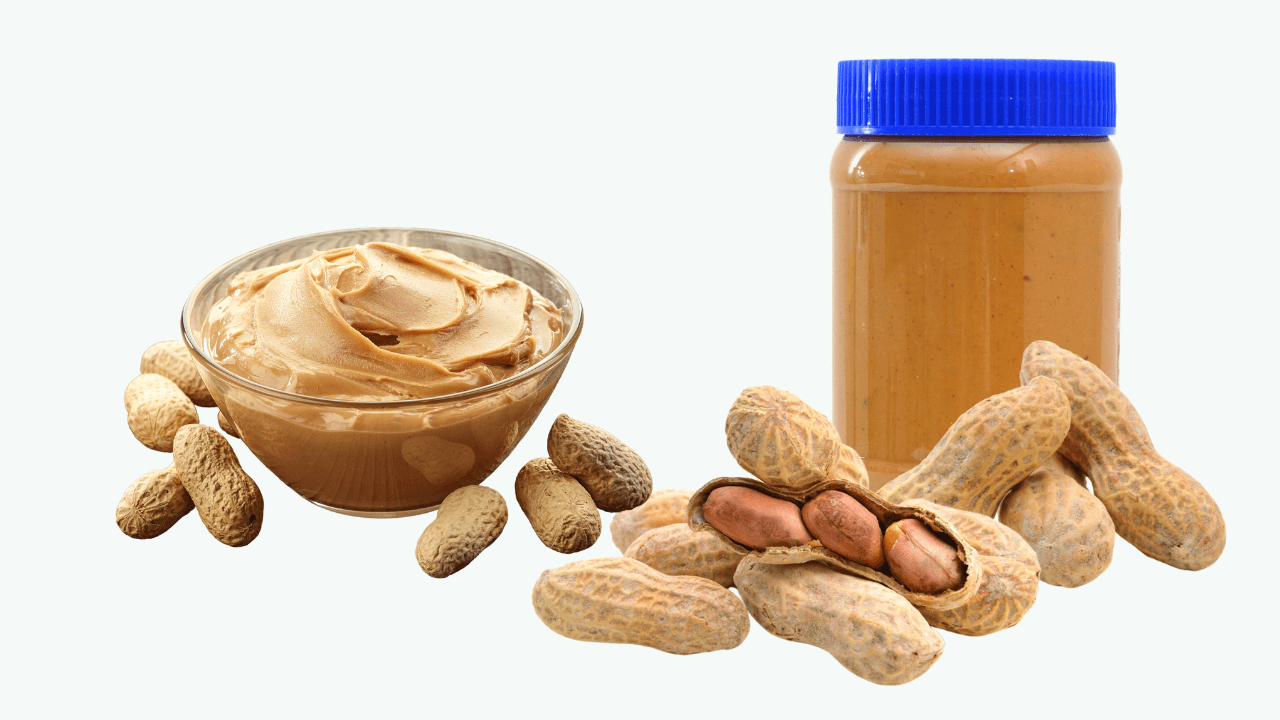

Peanuts are a type of legume that is high in healthy fats and protein, as well as essential vitamins and minerals.
To seek the benefits of peanuts, many people are including peanut butter in their daily routine because of its nutty flavor and high nutritional profile.
Peanut butter is available in different flavors to help you satisfy your taste buds. Whether you spread it on bread toast or add it to your favorite smoothies, peanut butter is said to offer an energy boost while keeping you fuller for hours.
However, people allergic to nuts should stay cautious with peanut butter intake to avoid any allergic reaction.
In this article, we’ll discuss the health advantages of including peanut butter in your diet and how it could contribute to a healthy lifestyle.
Peanut butter is a nutrient-dense spread consisting of ground peanuts that may also contain ingredients such as salt, sugar, vegetable oils, or trans fats.
With an average protein content of about 25%, peanut butter could be a suitable protein source. It may provide a rich source of nutrients, including protein, fiber, vitamins, and minerals.
Although peanut butter is high in calories, its moderate consumption may help you maintain your calorie intake effectively while fitting into your balanced diet.

According to the USDA, 100 g of peanut butter contains:
| Nutrient | Amount per 100 grams |
|---|---|
| Protein | 22.5g |
| Fat | 51.1g |
| Carbohydrates | 22.3g |
| Fiber | 4.8g |
| Sugar | 10.5g |
| Calcium | 49mg |
| Magnesium | 169mg |
| Iron | 1.73mg |
| Zinc | 2.54mg |
With approximately 25% protein content in 100g, peanut butter might help include essential macronutrients in your daily meals, potentially increasing your daily protein intake. Protein is crucial for various bodily functions, including building and repairing tissues, improving immune function, and maintaining muscle mass.
Peanut butter is considered a suitable food option for people following a low-carb diet because of its relatively low carbohydrate content. It may provide a satisfying option that is rich in good fats and protein while being low in carbs. Peanut butter could help maintain stable blood sugar levels and support overall health goals.
Peanut butter contains heart-healthy fats like oleic acid, a monounsaturated fat, which may help reduce the chances of heart disease by lowering LDL cholesterol levels. It also contains essential omega-6 fatty acids, which could support brain function and its normal growth and development. The monounsaturated fats in peanut butter could help with improved insulin sensitivity, reduced inflammation, and better overall heart health.
Crunchy peanut butter may provide niacin, folate, magnesium, iron, zinc, vitamins B6 and E, calcium, potassium, copper, and manganese. These micronutrients may support various bodily functions, supporting overall health.
Niacin, also known as vitamin B3, in peanut butter might help in energy production and DNA repair. Magnesium could contribute to muscle and nerve function, regulating blood sugar levels and blood pressure.
Iron could support oxygen transport in the blood, potentially preventing anemia. Zinc in peanut butter may support immune function and wound healing, while vitamins B6 and E have antioxidant properties, protecting cells from damage.
Calcium in peanut butter is crucial for bone health, while potassium could help maintain proper fluid balance and nerve function. Peanut butter contains copper that might support iron absorption and collagen formation, while manganese may help in bone formation and metabolism.
The combination of these vitamins and minerals in peanut butter could enhance its nutritional value, making it a suitable addition to a healthy diet.
Antioxidants present in peanut butter may promote health and reduce oxidative stress within the body. Two essential antioxidants in peanut butter are p-coumaric acid and resveratrol, which could contribute to heart health and may also help in reducing inflammation. Including peanut butter in your diet may provide these antioxidants, which may help reduce free radicals and support overall health.
Including peanut butter in your balanced diet could potentially support your weight loss goals due to its protein and fiber content, which promotes satiety and energy balance.
Protein in peanut butter may increase feelings of fullness and reduce appetite, which can assist in controlling calorie intake. The fiber in peanut butter could help with digestion and maintain a healthy weight by slowing down the stomach emptying and promoting feelings of fullness.
Peanut butter may support weight loss when consumed in moderation with a low-calorie diet. However, it is essential to focus on overall eating patterns and physical activity levels for sustainable weight management.
Peanut butter contains unsaturated fats, particularly oleic acid, and essential omega-6 fatty acids, which might have a positive effect on heart health. These healthy fats could help reduce LDL cholesterol levels, lowering the risk of heart disease.
Peanut butter’s high protein content could support heart health by assisting in muscle maintenance and repair. The presence of antioxidants such as p-coumaric acid and resveratrol further contributes to reducing inflammation and improving overall heart function.
Adding peanut butter to your diet might help manage healthy blood pressure levels and reduce the possibility of cardiovascular diseases.
Peanuts contain various bioactive compounds such as phytosterols, antioxidants, and polyphenols that might be linked to cancer prevention.
Studies have shown that the presence of these compounds in peanuts may help reduce the chances of certain cancers, including colorectal cancer, stomach cancer, and breast cancer. For instance, the phytosterols in peanuts could restrict the growth of cancer cells and promote their self-destruction.
Moreover, the antioxidants in peanuts, such as resveratrol and p-coumaric acid, have been shown to have anti-cancer properties by neutralizing harmful free radicals in the body.
However, more research is needed to fully understand the mechanisms behind peanut butter’s potential anti-cancer effects.
Research suggests that frequent consumption of peanut butter may help prevent the formation of gallstones. Gallstones are hard deposits that could form in the gallbladder and cause pain and complications.
Healthy fats present in peanut butter, such as monounsaturated and polyunsaturated fats, could help reduce the risk of gallstone formation. These fats may assist in the proper functioning of the gallbladder by promoting the emptying of bile, which could prevent the buildup of cholesterol and the formation of stones.
The fiber content in peanut butter might help control cholesterol levels in the body, reducing the amount of cholesterol that could accumulate in the gallbladder and form stones.
Peanut butter contains significant amounts of magnesium, phosphorus, potassium, and vitamin E, crucial for maintaining strong and healthy bones.
Magnesium is crucial for bone formation, while phosphorus might help in bone mineralization. Potassium in peanut butter could assist in preventing the loss of calcium from the body, and vitamin E may provide antioxidant protection to bone cells.
Peanut butter has a good amount of protein, which is essential for bone tissue growth, repair, and maintenance.
Peanut butter contains healthy fats, fiber, and protein, which might help you feel full and satisfied for longer periods, reducing the urge to reach for sugary snacks. The low glycemic index of peanut butter could prevent rapid sugar spikes and crashes in sugar levels, aiding in more stable energy levels throughout the day.
Peanut butter contains complex carbohydrates that could be a good source of energy. These carbohydrates are broken down gradually by the body, providing a slow release of energy over time and helping to prevent energy crashes. Peanut butter is potentially rich in healthy fats, including monounsaturated and polyunsaturated fats, which are vital for energy storage and can be used by the body as a source of fuel.
Consuming too much peanut butter could have several side effects due to its high calorie, fat, and sodium content. Here are some potential adverse issues you must consider:
Peanut butter offers numerous health benefits due to its rich nutrient profile. It has protein, which might support muscle repair and growth, and healthy fats, which are essential for heart health and maintaining energy levels.
Whether you want an energy boost after an intense workout or just craving something nutritious yet tasty, peanut butter can satisfy your taste buds and health goals without impacting your overall health.
You can also drizzle peanut butter on the freshly chopped fruits or use it for a nutty texture in your muffins for a creamy, fulfilling experience.
However, if you are seeking better physiques, focus on moderate peanut butter intake, as its excessive consumption could contribute to weight gain.
Opting for natural, unsweetened peanut butter may help you maximize health benefits while minimizing potential downsides.
Tyler Read earned an undergraduate academic degree from Sonoma State University, California and is a certified personal trainer (CPT) with NASM (National Academy of Sports Medicine). With over 16 years of experience, Tyler has trained clients both online and in-person.
He is passionate about helping others turn their love for fitness into a career. Tyler has worked with many local and commercial gyms before establishing his successful private personal training business, which he continues to operate.
